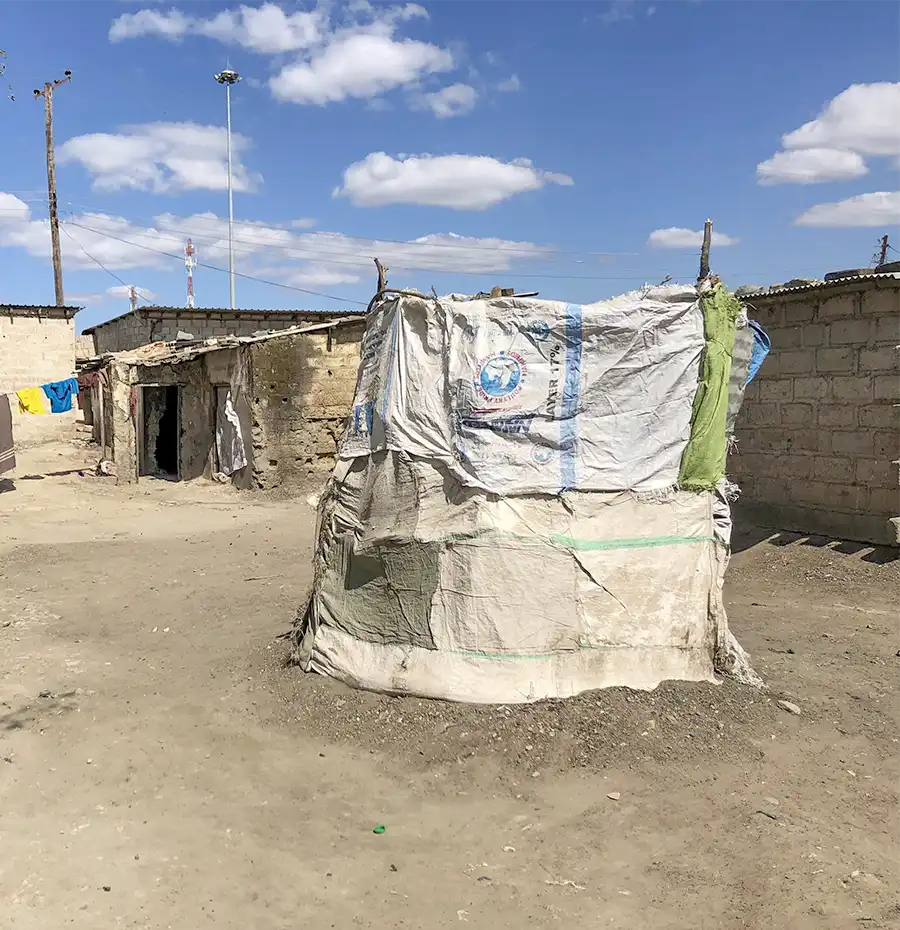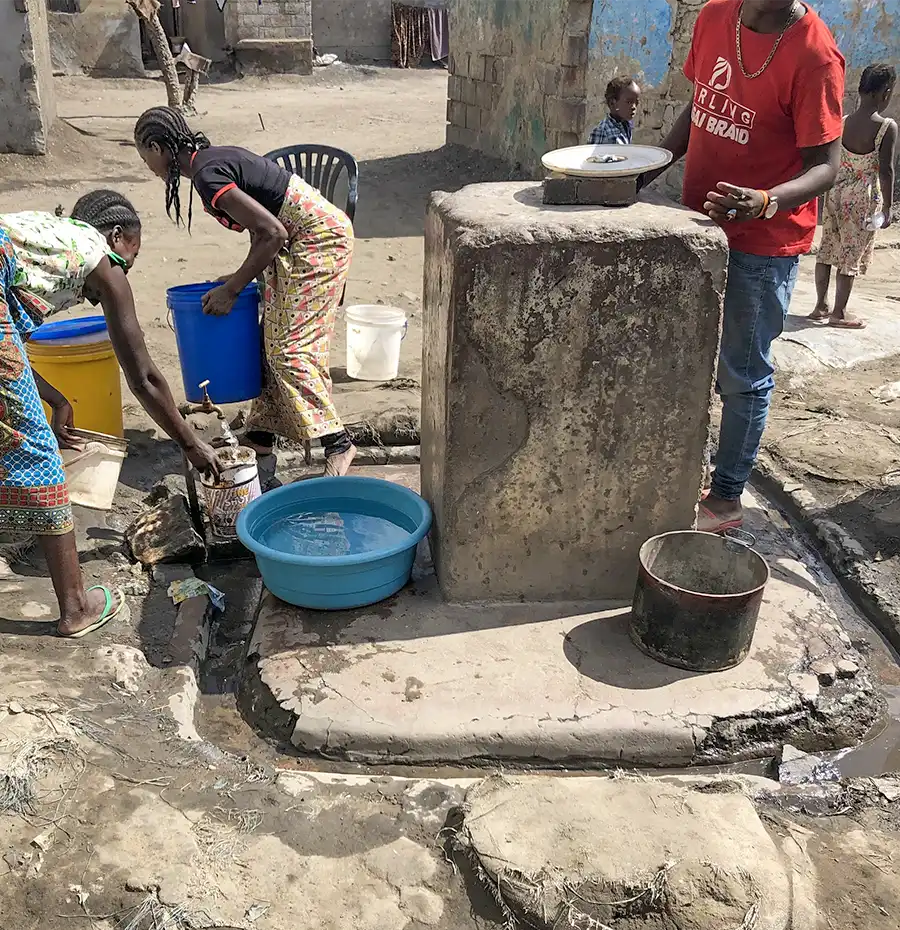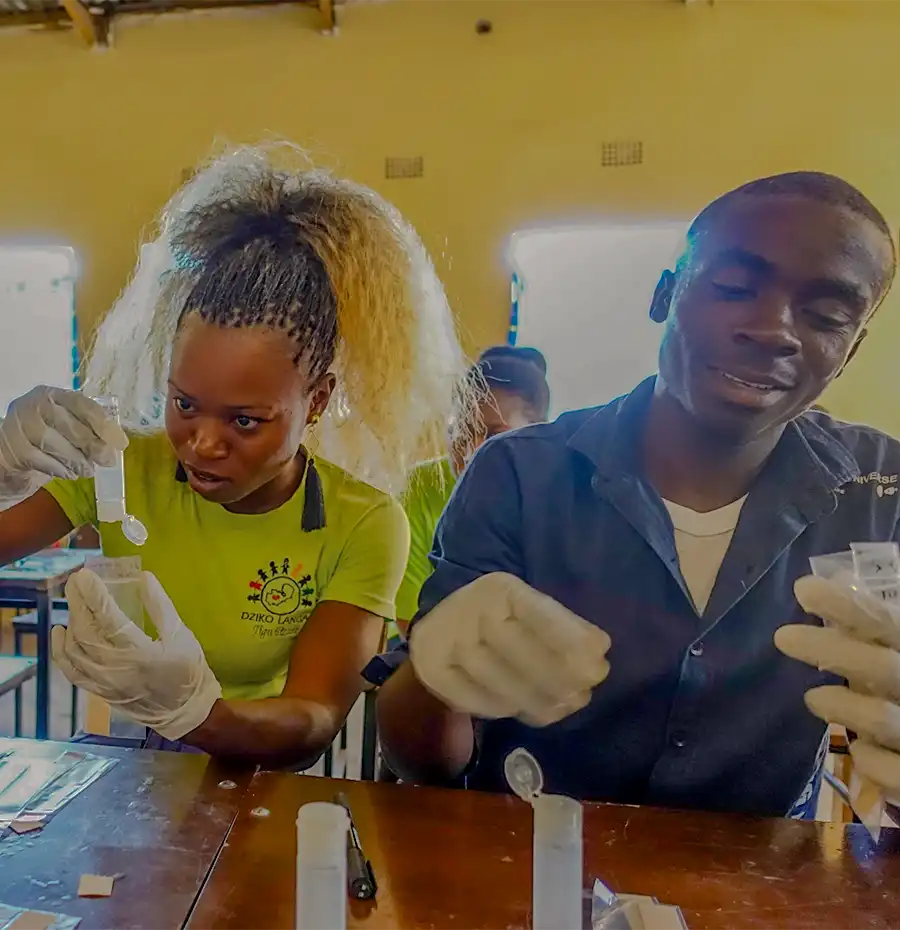SPLASH project
Project Outline




Participative visualization of diarrhea risk to design your own WASH plan
Cholera outbreaks sporadically occur in low-income areas of peri-urban Lusaka, the capital of Zambia. People own cell phones but not sanitary
lavatories. Water, sanitation and hygiene are not simply an issue of money, but of
prioritization. Supported by an app to be developed under the project,
residents themselves will examine the contamination around them and
visualize the risk of diarrhea. By “experiencing” potential risks rather than
“being taught” about these, residents will be better able to design
their own remedial measures and implement them proactively.

The prevention of diarrhea and cholera in African urban slums with poor sanitation
By having residents design risk-based improvement plans by themselves and practicing improvement activities
based on their actual experience, contamination of water and food and outbreaks of diarrhea and cholera can be prevented, leading to the realization of a healthier and more hygienic way of life. The project will create a new type of practical science to solve serious social problems by combining citizen science with advanced science.

Contribution to SDG6
The project contributes to Goal 6 of the SDGs (Ensure access to water and sanitation for all), in particular Target 6.1 (drinking water) and Target 6.2 (sanitation and hygiene). It also contributes to global monitoring of WASH by generating bottom-up WASH statistics created from participatory survey data by local residents.
SPLASH PROJECT
![[SPLASH Project] Risk-based Participatory WASH Planning and Citizen-data WASH Statistics for African Peri-urban Settlements](https://wash.africa.kyoto-u.ac.jp/splash/wp-content/uploads/sites/2/2024/08/logo-splash.webp)



